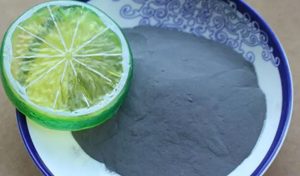1. Aluminum alloy and aluminum properties
In the stamping field, there are many commonly used aluminum alloys (duralumin, forged aluminum, pure aluminum, etc.), of which pure aluminum has the lowest hardness and is rarely used in mechanical products. The aluminum alloy has good plasticity after annealing, and is often used for metal stamping parts. If it needs to be strengthened, it can also be quenched to improve the plasticity and comprehensive mechanical properties. The requirement is to have a mature quenching process. The longer the quenching, the higher the strength of the aluminum alloy, but the plasticity will be reduced accordingly. This is called aging strengthening. It needs to enter the stamping process before hardening, and stamping oil can be used for auxiliary processing.
2. The properties of copper and its alloys
There are generally three types of copper stamping materials: red copper, bronze, and brass. Among them, pure copper and brass (h62, h68) have better deformation properties, and h62 is harder than h68. The performance of bronze is worse than that of brass, and intermediate annealing treatment is needed as an auxiliary, and the performance of different models is also quite different.
3. The properties of molybdenum and its alloys
This kind of alloy is less used in the stamping process, and it is characterized by high strength at room temperature and difficult plastic deformation, and it is often processed by heating.
4. Properties of magnesium and its alloys
Magnesium also needs to be heated to increase its plasticity, and its plasticity is low at room temperature.
5. Iron and its alloys
Iron alloys are also called stainless steels. They are commonly found in major stamped aluminum parts. They have good plasticity and strength at room temperature, and are easy to process and form, and the process is simple. They are the most popular raw materials for customers.
The calculation formula of ordinary punching force: P=L*t*KS Kg
Note: P is the force required for punching, the unit is Kg
L is the total contour circumference of the blanking product, in mm
t is the material thickness, in mm
KS is the shear strength of the material, the unit is Kg/mm²
In general, when the material of the blanking product is mild steel, the specific value of the material’s shear strength is as follows: KS = 35kg / mm²

